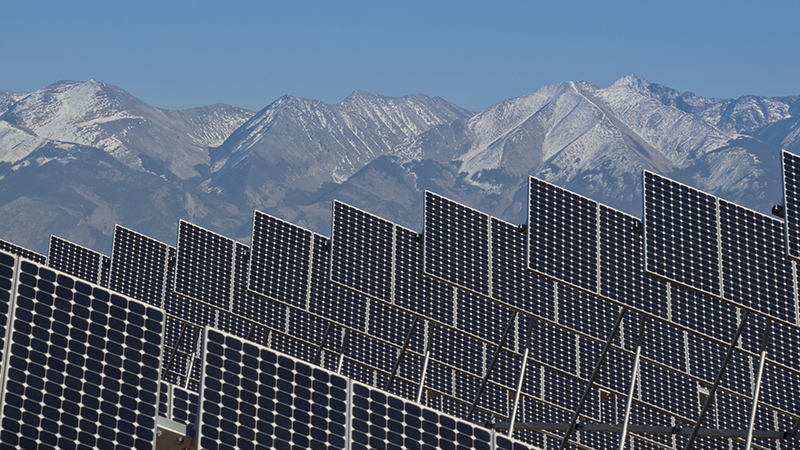November 24, 2021
DENVER — Western Resource Advocates commented today on the settlement agreement announced by Xcel Energy in its ongoing Electric Resource and Clean Energy Plan proceeding before the Colorado Public Utilities Commission, noting that while the settlement agreement contains important provisions to reduce the greenhouse gas emissions that cause climate change, especially over the next five to 10 years, it leaves additional low-cost emission reductions on the table.
“While we see significant value in the settlement’s effort to provide early emission reductions for our state as well as benefits to the Pueblo community, which will be impacted by the future retirement of Comanche 3, we are concerned that the settlement terms provide insufficient certainty for emissions reductions and could commit Xcel to new long-term investments in fossil-fuel resources and operations, when Colorado needs to capture low-cost opportunities to reduce carbon emissions and meet our state’s climate targets,” said Gwen Farnsworth, Western Resource Advocates’ managing senior policy advisor in Colorado. “The settlement could lock in future electricity generation burning fossil-fuel gas that would add to climate change or become stranded assets, impeding the transition to full decarbonization by 2050.”
The settlement could lead to new long-term investments in fossil fuel plants that would continue to operate well into the second half of the 21st century. In order to limit warming to 2 degrees Celsius and avoid the worst impacts of climate change, the scientific consensus is that we need achieve complete decarbonization as quickly as possible and no later than 2050. Because climate change is caused by the accumulation of greenhouse gases in the atmosphere, we need significant very near-term reductions in greenhouse gas pollution to preserve a healthy, livable climate.
The Colorado Public Utilities Commission is scheduled to consider the settlement agreement at hearings that begin Dec. 6, and WRA urges the commissioners to carefully review the settlement and determine whether there are improvements that would better protect customers and the environment, while still retaining the settlement‘s important community-assistance provisions.


